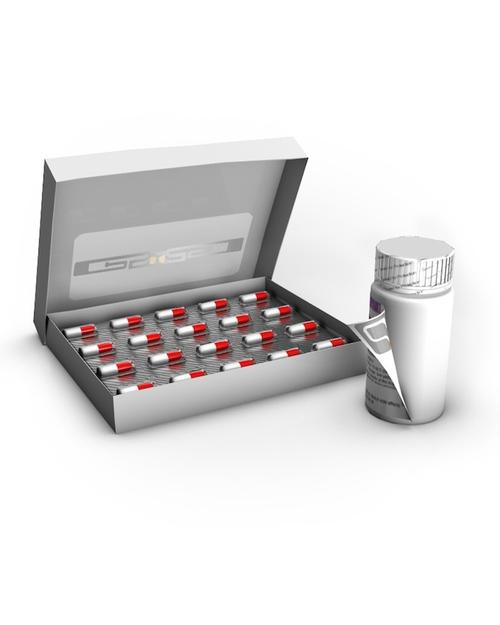Better chips and new standards are combining to place RFID in applications that no one dreamed of three years ago.
October 12, 2011
For the past decade, the business world has anxiously awaited the day when radio frequency identification (RFID) would step up to the throne and replace the venerable barcode on billions of everyday products.
While the world has been waiting, however, RFID has taken a detour. Today, RFID tags are popping up in places where no one ever dreamed of using barcodes. Take, for example, Coca-Cola's new Freestyle drink vending machine. Freestyle uses RFID to identify drink cartridges, help with inventory, and manage its huge number of flavor variations.
Or take the New York City Marathon. There, RFID tags routinely identify 40,000 runners and help record their race times. Or consider the now common practice of affixing RFID tags to cattle to monitor their dietary needs. Imagine a barcode doing that.
"When people started thinking of RFID in terms of first principles, rather than in terms of barcode replacement, the number of applications exploded," notes Scot Stelter, senior director of product marketing for Impinj Inc., a provider of RFID solutions. "As soon as they realized that the technology could do other things, the creative juices started flowing."
Indeed, the business world's creative juices are now flowing when it comes to RFID. Companies are using the tiny electronic chips, tags, and readers in a mindboggling assortment of un-barcode-like applications, including self-serve beer machines, medical cabinets, crime scene equipment, and tool management, as well as for tracking wine bottles, hiking boots, medicine bottles, hotel bed sheets, and Kindles, among hundreds of other products.

An RFID system works by sending an RF signal from a reader to a tag's antenna. The tag, which has no independent power of its own, scavenges energy from the signal. When the RFID chip turns on, it modulates and reflects the signal, thus communicating its stored information with the reader.
"The tendency was to look for barcode applications and then ask whether it could be done better," Stelter says. "But now it turns out that RFID is different from barcodes in many fundamental respects."
"We still see it being applied to pallets in warehouses," adds Neil Mitchell, director of product marketing for Alien Technology, a maker of RFID chips, tags, and readers. "But we also see it being applied to markets that no one had thought of before, even as recently as three years ago."
About the Author(s)
You May Also Like



